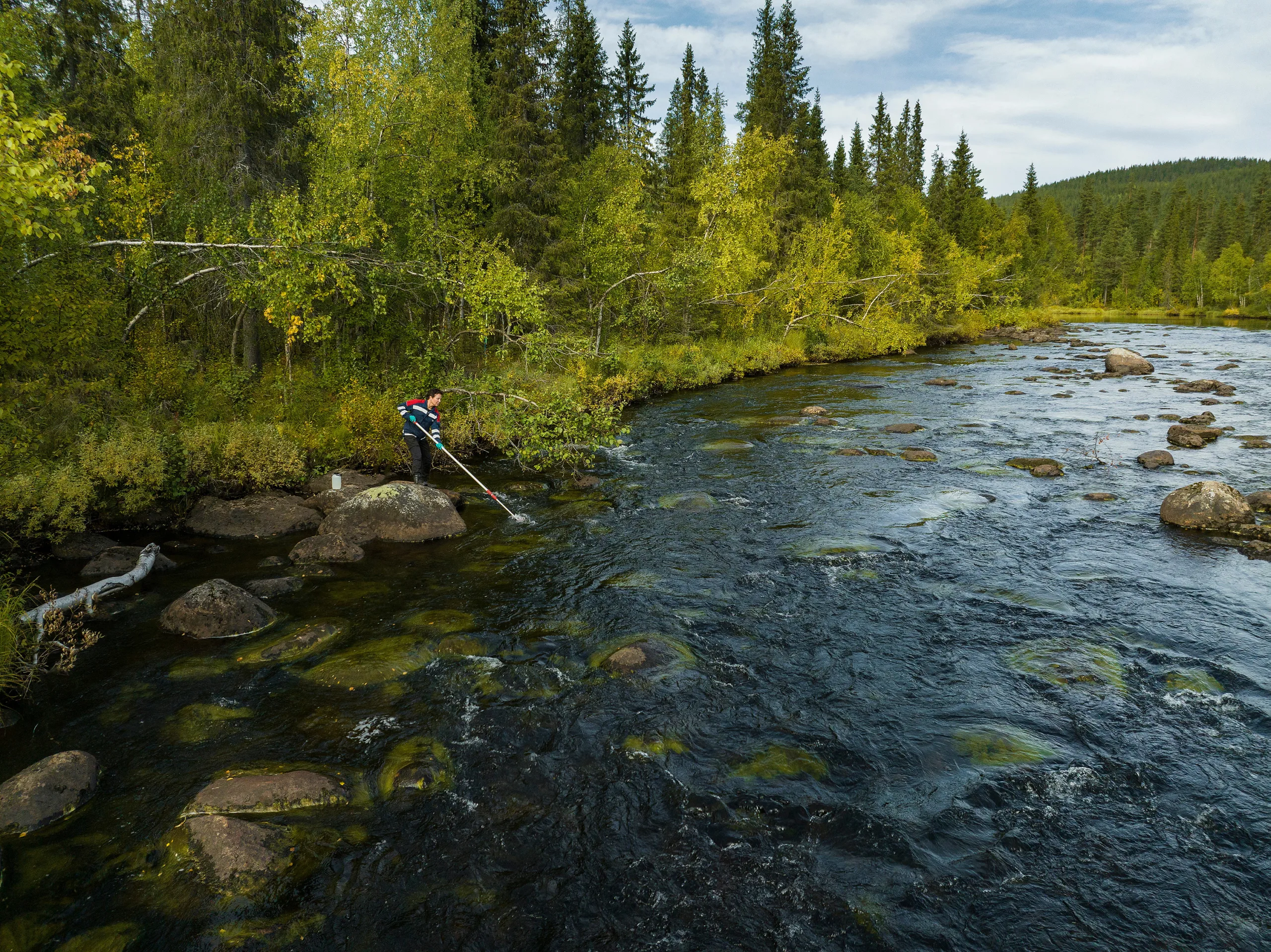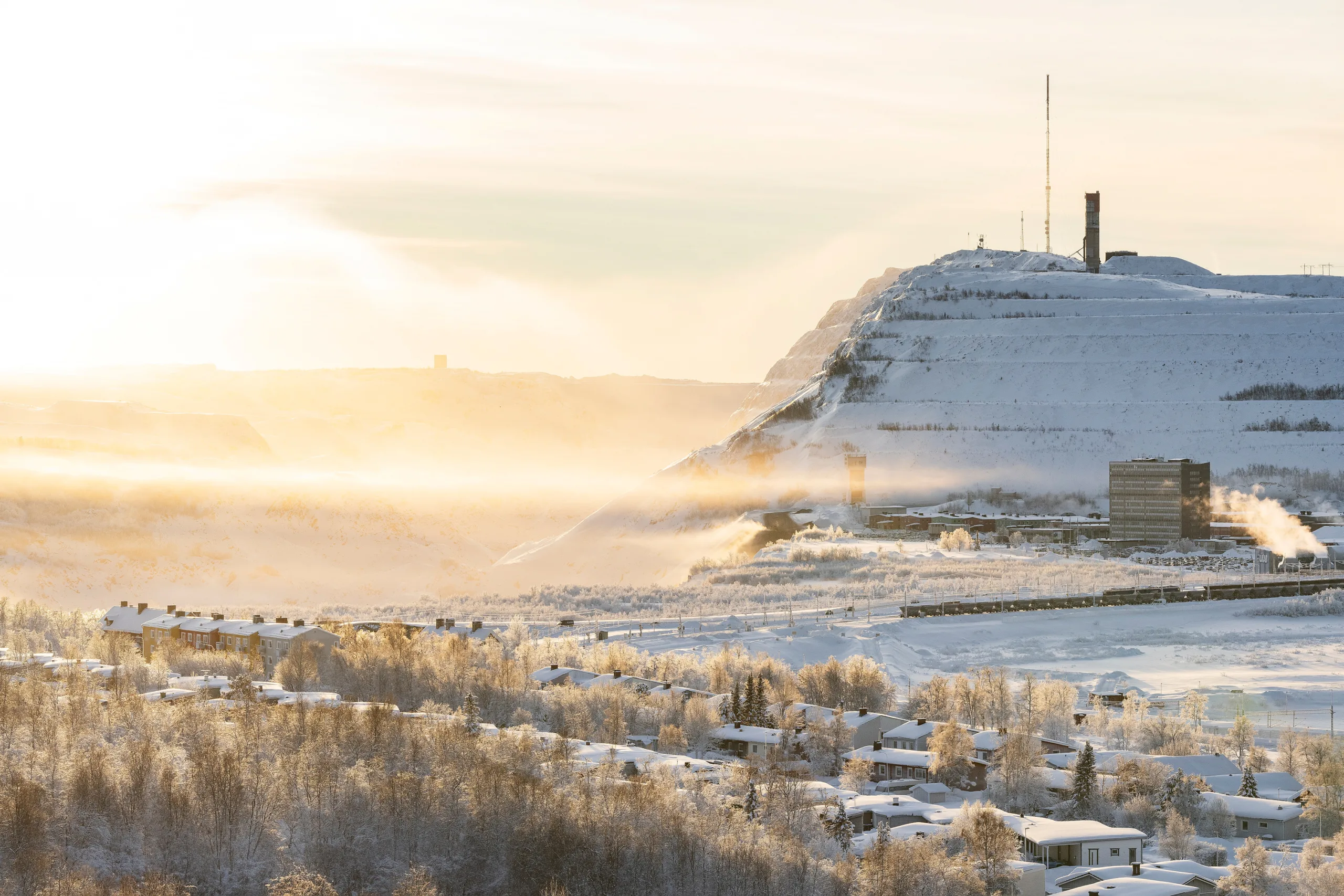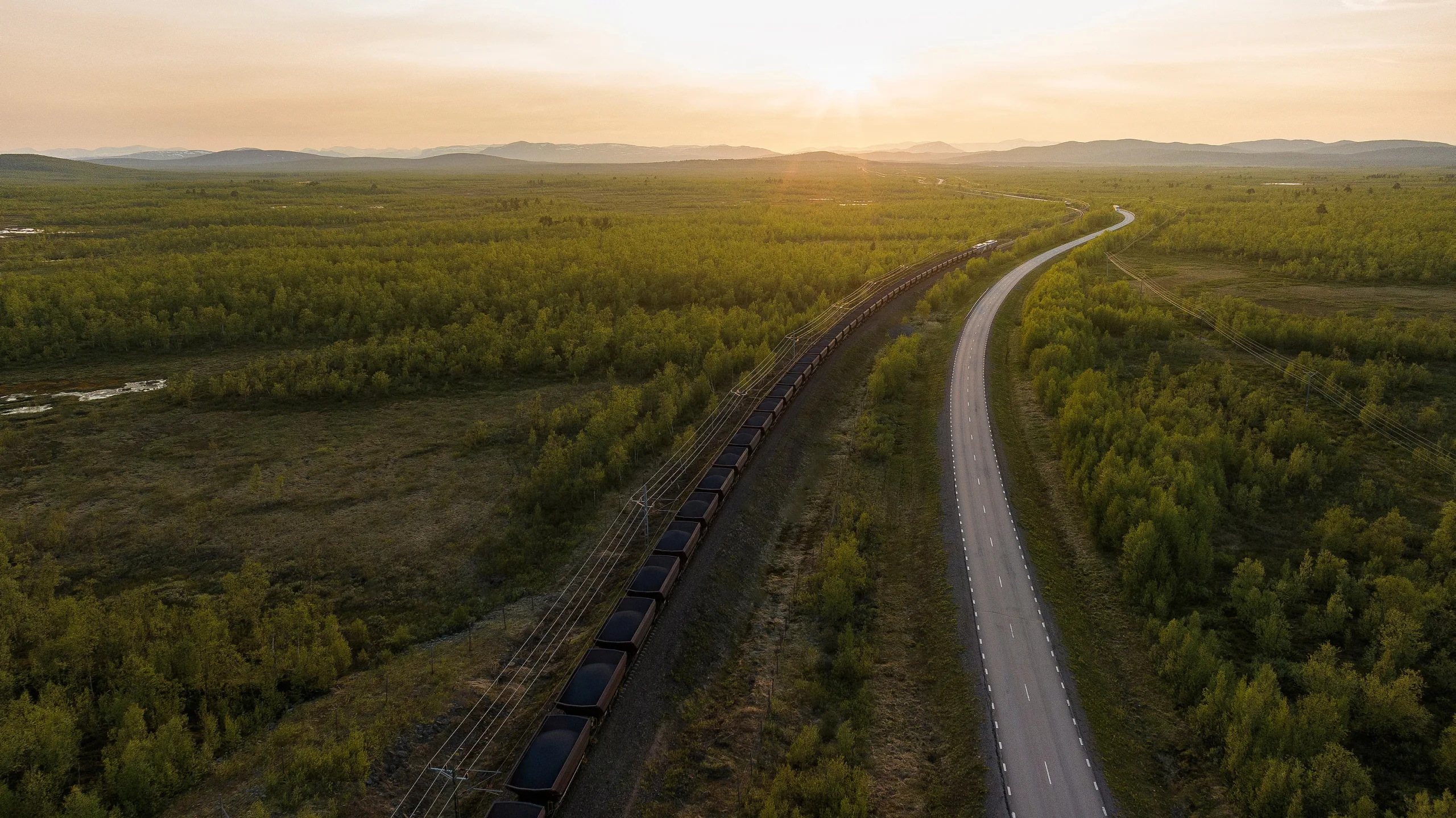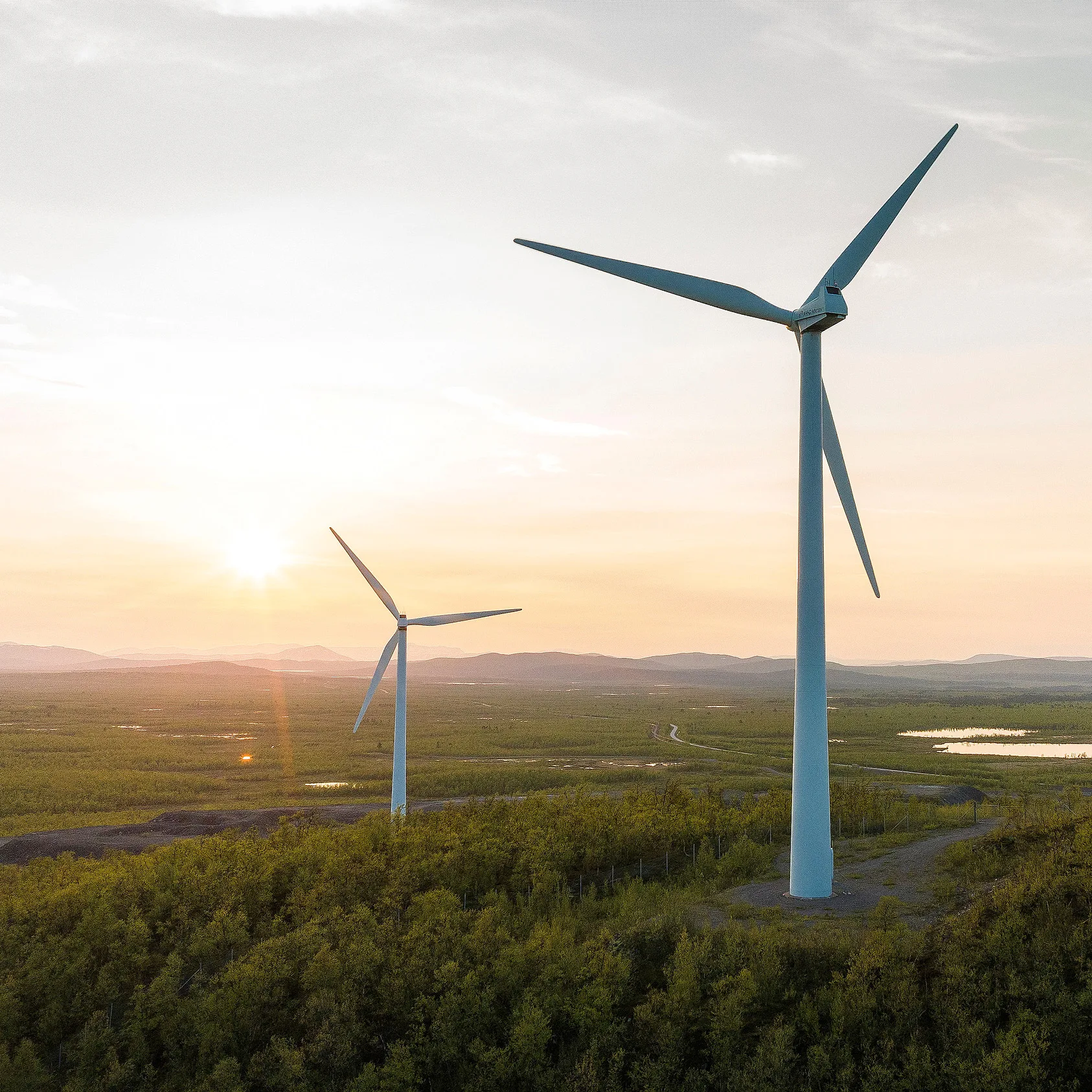
Our chances of succeeding with the green transition rely on faster, more efficient, and more predictable permitting processes.


To reach our goals and continue mining iron ore in a sustainable way, we need environmental permits. Without these, we cannot continue our mining activities. It's therefore crucial for us to prioritise environmental sustainability in our operations.
We are currently working on four important permits that are crucial for our future and business.
If we are successful in obtaining these permits, we can ensure the profitability of LKAB for a long time, and help reduce carbon dioxide emissions in the value chain, equivalent to all of Sweden’s greenhouse gas emissions today. In addition, we can help secure Europe’s self-sufficiency of strategic metals such as rare earth elements and phosphorus for agriculture.
LKAB have identified mineral reserves of more than 1,1 billion tonnes and mineral resources of some 4,6 billion tonnes in Svappavaara, Malmberget and Kiruna.
LKAB is an important supplier of iron ore products, and accounted for the majority of iron ore production in the EU in 2023.
The transition to carbon dioxide-free products can save 40-50 million tonnes of CO2 annually for our customers. This corresponds to all of Sweden’s current emissions of greenhouse gases.
The future needs steel and critical minerals. Our metals are needed to supply a growing world with steel. Today's modern technology, such as mobile phones, electric cars, and wind turbines, need our minerals to function.
Today, we are responsible for about 4% of emissions from the Swedish industry. However, the demand for our products is at an all-time high.
So, reaching our goal of zero carbon dioxide emissions and leading the iron and steel industry towards a sustainable future is significant both for Sweden’s efforts to halt climate change and for reaching the UN’s global goals and Agenda 2030. We can continue to mine high-quality iron ore, supply the world with critical raw materials, have extraction and production of phosphorus and rare earth elements in Europe, and contribute to making the EU self-sufficient.

The process for obtaining an environmental permit is detailed. It takes into account factors such as environmental impact, including land use, seismic activity and waste disposal. It also considers broader issues like economic and social sustainability. Read more about the consultation process.
We believe that permit processes can be faster and more efficient, while still being accurate and responsible.